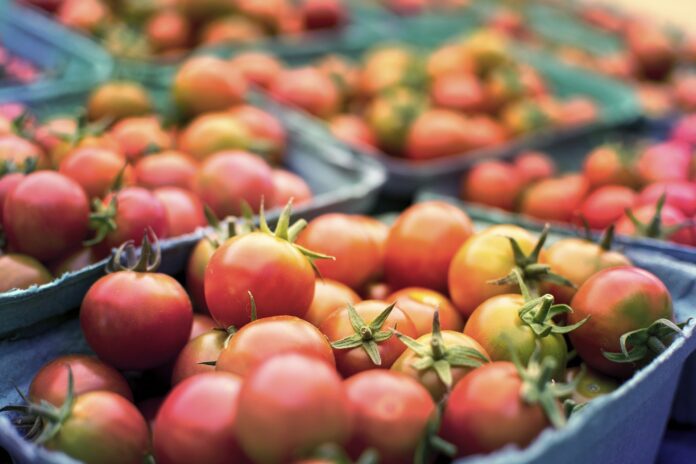The Farmers’ Union of Wales has welcomed a report and recommendations by the Welsh Affairs Committee on the implications of a UK Australia Free Trade Agreement for Wales.
The report, published after two evidence sessions held in July, calls for the UK Government to take a number of steps the union says would increase transparency around the deal and its impacts for Wales and clarify what, if any, safeguards would be in place in worst case scenarios that adversely impacted UK agriculture.
Speaking after the report’s publication, FUW Head of Policy Dr Nick Fenwick, who gave evidence to the Committee, said:
“We wrote to the committee in June suggesting that such an inquiry takes place, and welcome the recommendations which, if accepted by the UK Government, would mark a small step towards achieving transparency and a sensible position on the UK-Australia trade deal.”
The committee concluded that the UK-Australia trade deal is unlikely to impact Welsh farmers in the short term, but Dr Fenwick had told the committee hearing that under certain future trading conditions the trade deal as currently drafted could have severe impacts for Welsh farmers.
“The committee is right to say that there is unlikely to be any impact for farmers in the short term, but the question is ‘what will the situation be in ten or fifteen years?’. Clearly there’s nothing to worry about if nothing ‘goes wrong’, but global trade patterns and prices can change dramatically over a ten year period, and if there are no safeguards in place the damage to our farming industry of this and other similar trade deals would be immense and unstoppable,” he said.
During the evidence hearings, former Australian trade negotiator Professor Dmitry Grozoubinski told the hearing that “Welsh farmers are right to be concerned in the long term…when you eliminate tariffs or you raise quotas to hundreds of thousands of pounds, then, if that quota were to be filled or if there were a 10,000% increase in Australian lamb to the UK, I think that would be devastating for Welsh farming.
“This deal means that that is now a theoretical possibility in the sense that the UK Government can no longer use tariffs to prevent it,” added Dr Fenwick.
Dr Fenwick said that in its current form the trade deal would allow the amount of Australian beef and lamb imported to the UK to increase by hundreds of thousands of tonnes, and there appeared to be no safeguards to prevent the import of food produced to standards that fall short of what is required in the UK – a position that appeared to be supported by Professor Grozoubinski, who told the committee that “Australia will not be obligated to treat an animal in any way differently because of this deal than they were a week before it was signed”.
Dr Fenwick said that In light of such concerns, Members of Parliament needed to act to ensure the UK’s long term interests are served and that Welsh and UK farmers and food can be protected in the long term in a range of scenarios.
“As it currently stands, the deal would open the door to the possibility of severe impacts in ten or fifteen years, and make that door almost impossible to close for a future government. It’s almost universally accepted that the deal would also set precedents for trade deals with other countries which would add to pressures for Welsh farmers,” he added.
Help keep news FREE for our readers
Supporting your local community newspaper/online news outlet is crucial now more than ever. If you believe in independent journalism, then consider making a valuable contribution by making a one-time or monthly donation. We operate in rural areas where providing unbiased news can be challenging. Read More About Supporting The West Wales Chronicle


























